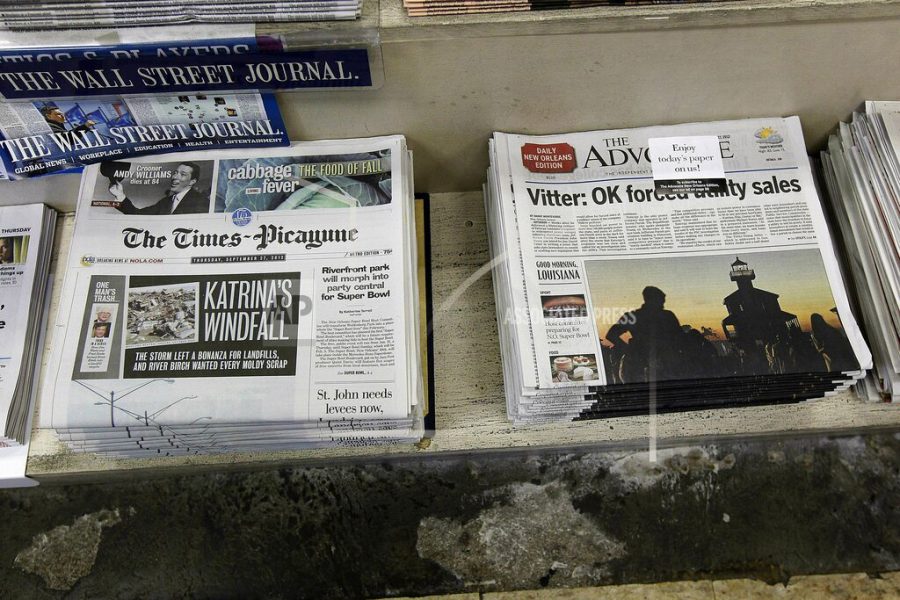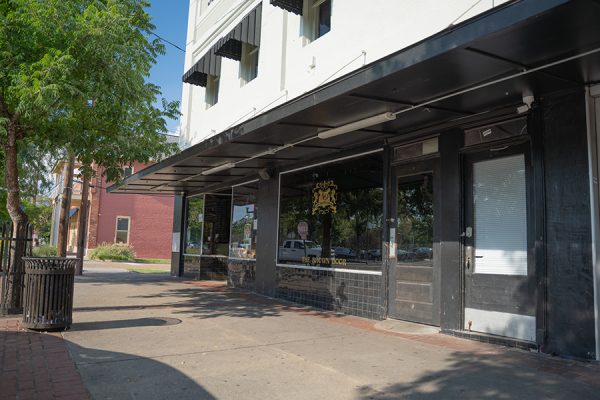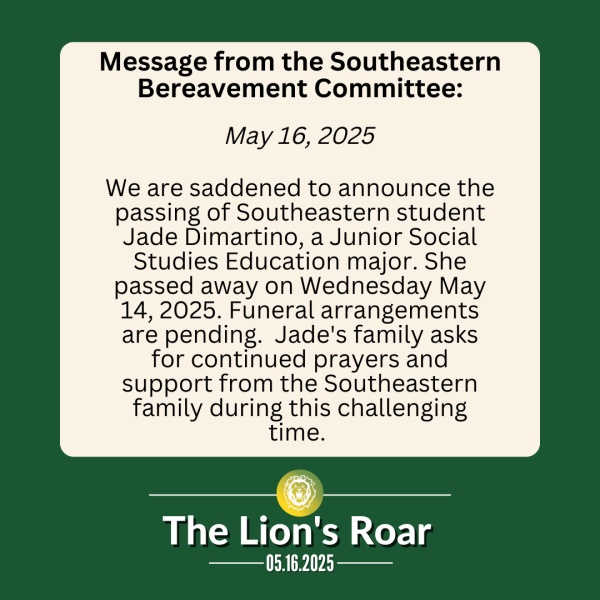Shakeup shows resiliency of newspapers in New Orleans
Gerald Herbert/AP Photo
In this Thursday, Sept. 27, 2012 file photo, free introductory copies of the Baton Rouge Advocate’s new New Orleans edition, right, are seen next to copies of the New Orleans Times-Picayune at Lakeside News in the New Orleans suburb of Metairie, La. The owners of Louisiana’s The Advocate newspaper have purchased The Times-Picayune in New Orleans from Advance Local Media. The Advocate announced the purchase on its website Thursday, May 2, 2019.
NEW ORLEANS (AP) — It’s a media shake-up that will leave New Orleans with one major newspaper, instead of two, for the first time in nearly seven years.
Yet, in a way, this week’s announcement that the owners of The New Orleans Advocate have purchased The Times-Picayune shows the resiliency of print — at least in tradition-bound New Orleans — despite the loss of newspapers in more than 1,400 U.S. cities and towns over the past 15 years.
“I don’t think we’re a market that can support multiple print publications,” Vicki Mayer, professor in the Department of Communication at Tulane University, said Friday. “But the kind of market you have in New Orleans is one that expects a seven-day-a-week newspaper.”
Indeed, it was the announcement nearly seven years ago that Advance Publications was cutting The Times-Picayune back to publishing three days a week — and laying off some 200 workers — that unexpectedly opened the door for a competitor. Based more than 70 miles (113 kilometers) away in Baton Rouge, The Advocate put staff in New Orleans and began pushing a New Orleans edition of the paper. That sparked a rivalry that intensified after Dathel and John Georges of New Orleans purchased The Advocate from Baton Rouge’s Manship family and hired key personnel from the Pulitzer Prize-winning Times-Picayune, keeping the daily newspaper tradition alive.
The Georges announced Thursday that they were purchasing The Times-Picayune from Advance Local Media. The two papers’ digital operations will combine under the nola.com logo now used by The Times-Picayune. And the newspapers will combine into a single daily publication that will carry The New Orleans Advocate and The Times-Picayune names.
“Advance Local produced cutting-edge digital media,” John Georges said Friday in an interview. “The challenge is getting the proper mix.”
The move means a return of a venerable newspaper name to the daily, doorstep news tradition but it won’t come without some pain. The nola.com website lists about 60 journalists on staff for the paper and website whose futures were put in doubt by the move. Another concern was voiced by Christopher Williams, a politically active lifelong New Orleans resident. “I think it’s a sad day when so much of our news is in the hands of one man,” he told The Associated Press on Thursday.
Georges, Advocate publisher Dan Shea and editor Peter Kovacs reject the idea that the combination of newspapers under one owner means a diminution of voices.
“There are too many opportunities for other voices to be heard these days,” Kovacs said.
Tulane’s Mayer echoed that notion, pointing to existing online news services in New Orleans, such as The Lens.
“I’m not worried that there’s one print newspaper,” she said. “I hope there will be support for other online sources of good journalism.”
Georges pointed to diverse voices already on The Advocate’s editorial and op-ed pages. “It’s not a newspaper with one person’s voice,” he said. “It’s a newspaper with a cache of respected journalists.”
As for the Times-Picayune employees, Shea said some, in the newsroom and in other departments, are likely to be hired at The Advocate. He said it will be “a substantial number,” but it’s too soon after the purchase to know for sure. “Now, we have a chance to get in and understand its full financial and operational potential,” Shea said.
Penelope Muse Abernathy, a University of North Carolina professor who studies news industry trends, said The Advocate appears to be doing what newspapers have to do to survive amid ongoing internet disruption — including amassing a talented staff that knows the community.
Georges said he’s happy to be fulfilling a community need but also stressed that his newspaper venture isn’t a charity.
“I’ve never lost money in seven years,” he said. He acknowledged that newspaper profits aren’t what they used to be but added, “I come from a very thin-margined industry,” a reference to his family’s wholesale grocery business.
“This acquisition allows me to remove the duplication in coverage and redeploy those revenues,” Georges said.
Your donation will support The Lion's Roar student journalists at Southeastern Louisiana University.
In addition, your contribution will allow us to cover our annual website hosting costs.
No gift is too small.






